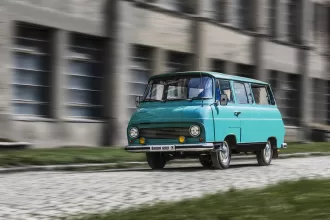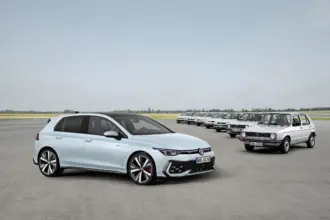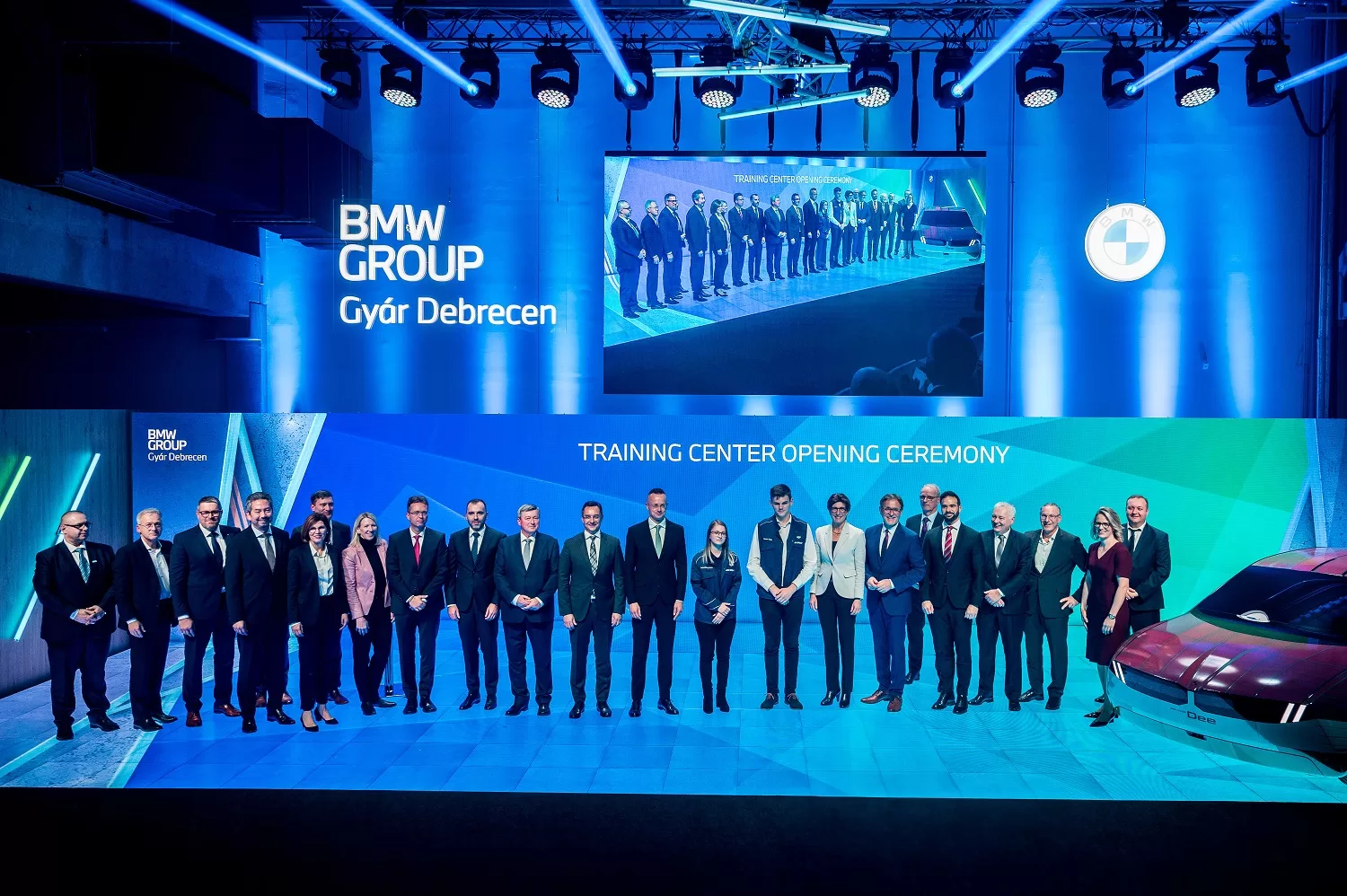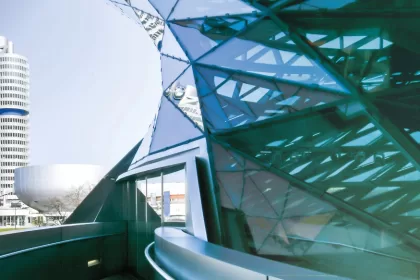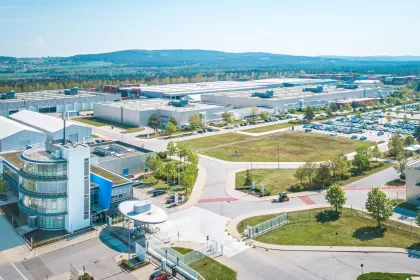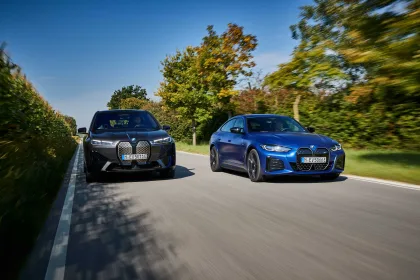The BMW Group has opened the Training Center at its new plant in Debrecen, Hungary. The company is investing more than one billion euros in the site, where series production for the first all-electric model of the Neue Klasse will start in 2025. The education and training of highly qualified employees is of particular importance.
With the Neue Klasse, the BMW Group will introduce the next generation of BMW models. This combines the company’s innovative strength in the central areas of electrification, digitization and circularity.
The opening of the Training Center at the future plant in Debrecen, Hungary, marks another milestone on the BMW Group’s journey to start production of the Neue Klasse in 2025.
In the facility, equipped with the latest infrastructure, on an area of almost 6,500 square meters and with an investment volume of just under 20 million euros, employees of the BMW Group Plant in Debrecen as well as trainees and dual education students acquire the necessary skills for the production of the new generation of models.
During the opening, Ilka Horstmeier, member of the Board of Management of BMW AG, People and Real Estate, Labour Relations Director, emphasized: “The Neue Klasse is our promise for the future because it gives us the opportunity to completely rethink mobility and collaboration. We shape our transformation through People and Places together with our employees — they make the difference. With the start of the first 100 students and the opening of the Training Center here in Debrecen, we are underlining the relevance of education and training as a decisive factor for the future orientation of our company.”
By 2025, the number of trainees will rise to a total of up to 300. This makes it one of the largest apprentice training programs in all of Hungary.
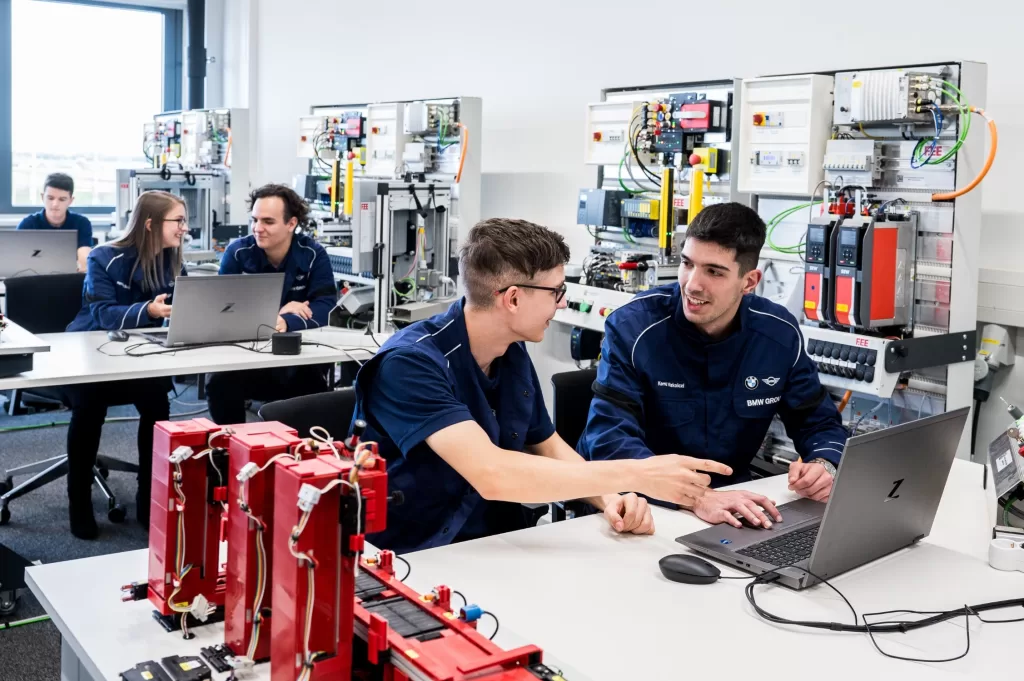
The dual training program offered in collaboration with the Debrecen Vocational Training Center offers students the opportunity to acquire skills that can be the basis for an entire career. It is a three-year course in the areas of mechatronics, electronics, automotive mechatronics, and IT systems and applications. All these capabilities are important for future automotive production. The new training center offers state-of-the-art facilities and a high-tech learning environment. After successful completion of apprentice training, every trainee is offered an employment contract by the BMW Group or they take advantage of the opportunity to study further.
„We are pleased to welcome the first apprentices to our new Training Center. Within our facility we will teach them all about automotive production, our processes and the BMW culture“ said Hans-Peter Kemser, President and CEO BMW Group Plant Debrecen. „Our culture is the key for a successful future here in Debrecen. We are one plant, one team, which means that we count on each other and appreciate everyone’s contribution and knowledge“.
In addition to initiatives for students and trainees and offering new employment opportunities, the BMW Group will work with local and regional universities to support and implement art and cultural projects. This underlines the BMW Group’s guiding principles of being a responsible corporate citizen and engaging with local communities.
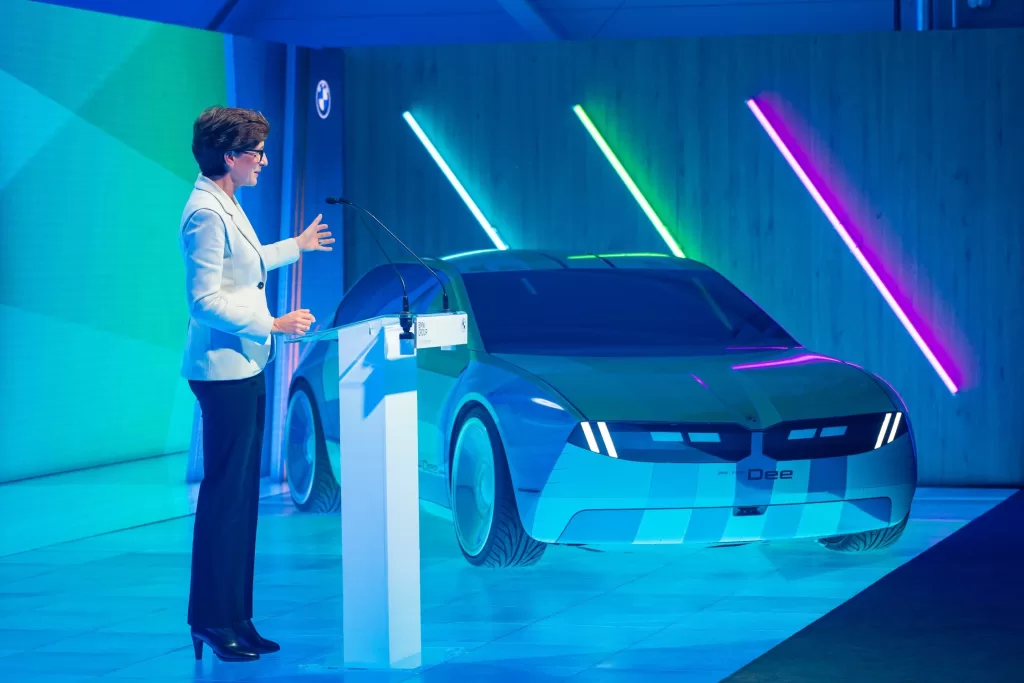
“We are delighted that the BMW Group is bringing its latest technologies to Hungary and will produce its newest battery-electric model here in Debrecen in the future,” said Foreign and Trade Minister Péter Szijjártó at the event. “The Training Center will strengthen the cooperation between Hungary and Germany — the joint education and training program will offer young students an excellent perspective for the future.”
The training center at the BMW Group plant in Debrecen is one of the first fully completed buildings on the 400-hectare site that is in operation. The Communication Center will be the next major structure to be completed and in full use.
The BMW Group plant in Debrecen was planned and developed as an iFACTORY. It will be the first production plant in the world to be powered entirely by fossil-free energy. A significant portion of the required energy will be generated by a 50-hectare photovoltaic system directly on the factory premises.
The plant is designed for a production capacity of 150,000 units per year.


